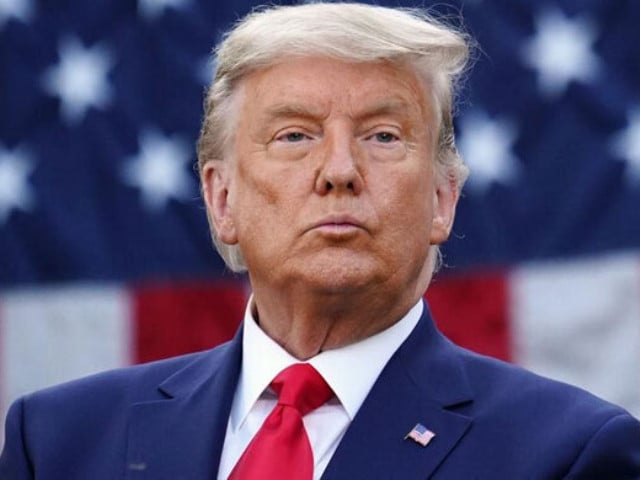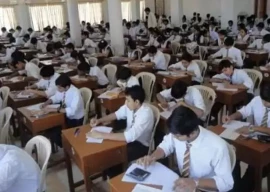
The recent imposition of tariffs by the United States on China, Mexico, and Canada is expected to have a favorable impact on Pakistan’s economy, primarily due to the country’s import-driven economic structure, according to a new report by AKD Securities.
The brokerage firm highlights that the imposition of tariffs could lead to lower global commodity prices, especially oil, as the US dollar strengthens and interest rates remain high.
Pakistan, which relies heavily on imports, stands to benefit from reduced costs in key commodities, potentially supporting its export-driven industries, including textiles and technology.
“We believe the imposition of tariffs by the USA on Mexico, Canada, and China is positive for Pakistan, given its import-led position. We expect these measures to lower the outlook for commodity prices due to a stronger dollar and higher interest rates for a longer period in the USA, amid a weaker global economic growth outlook,” AKD Securities stated in its latest Pakistan Strategy note.
On February 1, US President Donald Trump signed executive orders imposing 25% tariffs on Mexico and Canada, with partial exemptions for Canadian energy and oil exports, and a 10% tariff on China.
The tariffs will remain in place until the countries take steps to address the flow of migrants and drugs, particularly fentanyl, into the US.
However, a breakthrough came earlier this week as Mexico and Canada secured last-minute agreements to avoid these tariffs. Mexican President Claudia Sheinbaum promised to deploy 10,000 National Guard officers to curb drug trafficking and migration following talks with Trump.
Meanwhile, Canadian Prime Minister Justin Trudeau, after two calls with the US president, negotiated a 30-day tariff pause by agreeing to strengthen border enforcement against drug smuggling and undocumented migration.
The shifting trade dynamics are likely to reduce global commodity prices, benefiting Pakistan by lowering its import costs and bolstering sectors that rely on exports.
“The USA remains the largest trade destination for Pakistani exports, accounting for 19% of the country’s exports in 1HFY25. We do not foresee any direct imposition of tariffs on Pakistan’s goods, given their small proportion in the context of US imports (0.1%) and their basic nature,” the report noted.
While concerns regarding the freeze of US aid have been raised, AKD Securities indicates that the financial impact on Pakistan will be minimal. The government had only budgeted $21 million in grants from USAID for FY25, out of an overall external financing requirement of $26 billion, with no bilateral loans projected.
The brokerage firm also warned that any future tariffs on remittances from the US could have a modestly negative impact on Pakistan’s external account.
Despite this, AKD Securities expects Pakistan’s currency to remain stable, buoyed by higher foreign inflows, improved remittance flows, and a reduced import bill. With external financing needs projected at $25.4 billion, Pakistan aims to secure $7.5 billion in grants and concessional loans from multilateral lenders.
In terms of market outlook, the report suggests that Pakistan’s stock market has already started to reflect improved macroeconomic indicators, despite initial concerns over the US aid freeze and trade measures.
The firm anticipates falling interest rates and a stable exchange rate will further strengthen the equities market. Analysts predict a 250 basis points cut in the State Bank of Pakistan’s interest rates throughout 2025.
As a result, AKD Securities has adopted an overweight stance on sectors such as banking, energy, fertilizer, cement, oil marketing, autos, textile, and technology stocks.
The firm expects these sectors to benefit from monetary easing, stable exchange rates, and declining global commodity prices. However, it maintains a market-weight stance on the power sector and an underweight position in chemicals.


























COMMENTS
Comments are moderated and generally will be posted if they are on-topic and not abusive.
For more information, please see our Comments FAQ